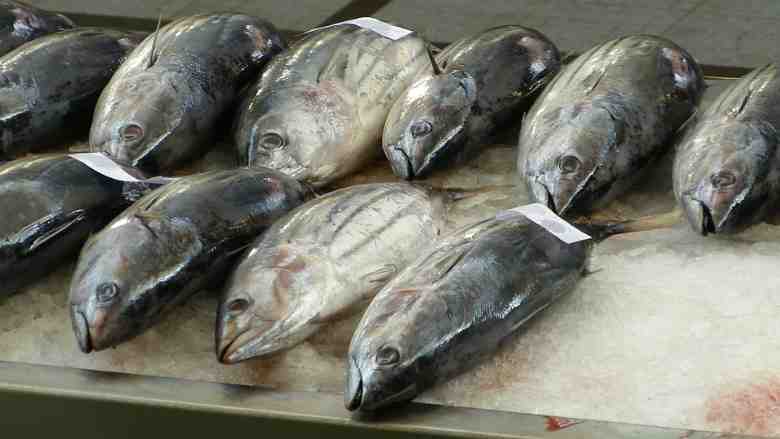NOAA Expands Seafood Import Monitoring to Combat Seafood Fraud

Collected Image
The U.S. National Oceanic and Atmospheric Administration Fisheries (NOAA Fisheries) has announced a proposed rule to expand the Seafood Import Monitoring Program (SIMP), a risk-based program for targeted species of seafood imported into the U.S. Expanding SIMP would increase the number of species included in the program from approximately 1,100 individual species to approximately 1,670 individual species.
SIMP currently establishes reporting and recordkeeping requirements for nearly half of all U.S. seafood imports to combat illegal, unreported, and unregulated (IUU) fishing and misrepresented seafood from entering U.S. commerce. SIMP provides a screening and deterrent tool for IUU fish, fish products, and misrepresented seafood products entering the U.S. The rule proposes to expand the species currently subject to SIMP, including red snapper and tuna, to include all species in the snapper family and additional tunas, minimizing the risk of mislabeling and product substitution that is used to bypass SIMP requirements. In addition, the rule proposes to add cuttlefish and squid, eels, octopus, queen conch, and Caribbean spiny lobster to the program. The rule also proposes additional program modifications and improvements.
NOAA Fisheries uses a risk-based framework to target species that are most vulnerable to IUU fishing and seafood fraud.
The agency welcomes feedback on the potential addition of these species and other elements in the proposed rule to clarify the responsibilities of International Fisheries Trade Permit holders, electronic recordkeeping requirements, and provisions to accommodate small-scale fisheries. NOAA Fisheries also seeks feedback from stakeholders on program improvements, such as interest in a standardized form for compliance.
The comment period for the proposed rule will close on March 28, 2023. NOAA Fisheries will consider all public comments before issuing a final rule.
SIMP currently establishes reporting and recordkeeping requirements for nearly half of all U.S. seafood imports to combat illegal, unreported, and unregulated (IUU) fishing and misrepresented seafood from entering U.S. commerce. SIMP provides a screening and deterrent tool for IUU fish, fish products, and misrepresented seafood products entering the U.S. The rule proposes to expand the species currently subject to SIMP, including red snapper and tuna, to include all species in the snapper family and additional tunas, minimizing the risk of mislabeling and product substitution that is used to bypass SIMP requirements. In addition, the rule proposes to add cuttlefish and squid, eels, octopus, queen conch, and Caribbean spiny lobster to the program. The rule also proposes additional program modifications and improvements.
NOAA Fisheries uses a risk-based framework to target species that are most vulnerable to IUU fishing and seafood fraud.
The agency welcomes feedback on the potential addition of these species and other elements in the proposed rule to clarify the responsibilities of International Fisheries Trade Permit holders, electronic recordkeeping requirements, and provisions to accommodate small-scale fisheries. NOAA Fisheries also seeks feedback from stakeholders on program improvements, such as interest in a standardized form for compliance.
The comment period for the proposed rule will close on March 28, 2023. NOAA Fisheries will consider all public comments before issuing a final rule.
Source: https://www.food-safety.com